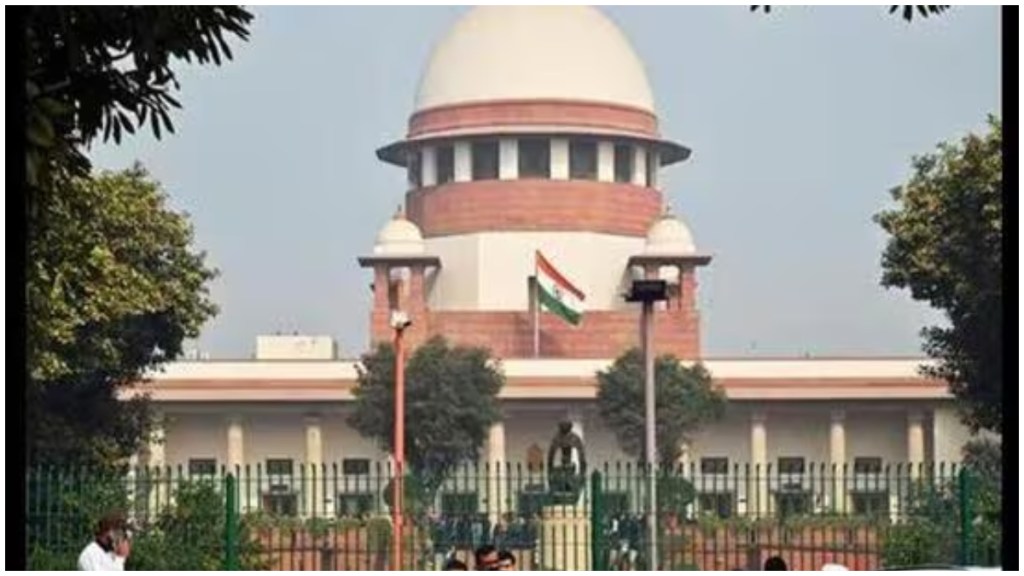The Supreme Court on Wednesday issued notices to the Union government and the Election Commission of India (ECI) in response to a petition filed by Congress general secretary Jairam Ramesh. The petition challenges recent amendments to the Conduct of Election Rules, raising concerns about their impact on electoral transparency and accountability.
A bench led by Chief Justice of India Sanjiv Khanna, along with Justice Sanjay Kumar, sought responses and scheduled the next hearing for the week beginning March 17. Representing Ramesh, senior advocate Abhishek Manu Singhvi criticized the amendments, alleging they were designed to obscure critical electoral data from public scrutiny under the guise of voter privacy. Fellow senior advocate Kapil Sibal highlighted concerns over restricted access to forms essential for tracking the number of voters and votes polled.
Ramesh filed the petition last month, asserting that the amendments undermine election integrity by curtailing public access to crucial records. In December, the Union law ministry revised Rule 93(2)(a) of the Conduct of Election Rules, 1961, based on ECI recommendations. The changes limit public inspection of electronic records, including CCTV footage and webcasting videos, citing potential misuse—a move Ramesh contends diminishes electoral transparency.
Jairam Ramesh had on X (formerly Twitter) criticised the move as a setback to electoral integrity, expressing concerns over the lack of public consultation before their implementation. He highlighted that the Election Commission, entrusted with ensuring free and fair elections, should not have the authority to unilaterally modify such critical laws. Highlighting the implications of restricting public access to key electoral materials, Ramesh argued that these changes undermine transparency and accountability—principles fundamental to a robust democratic process. His petition to the Supreme Court seeks to challenge these amendments and safeguard the fairness of electoral practices.
The petition highlights worries that the amendment was made without proper public input, raising questions about its impact on trust in institutions meant to protect democratic values.
The updated Rule 93(2)(a) now restricts public access to certain election-related documents, such as surveillance videos and recordings. While the government claims this step is needed to prevent misuse, critics argue it hides important information from public view and reduces the transparency of the electoral process.

